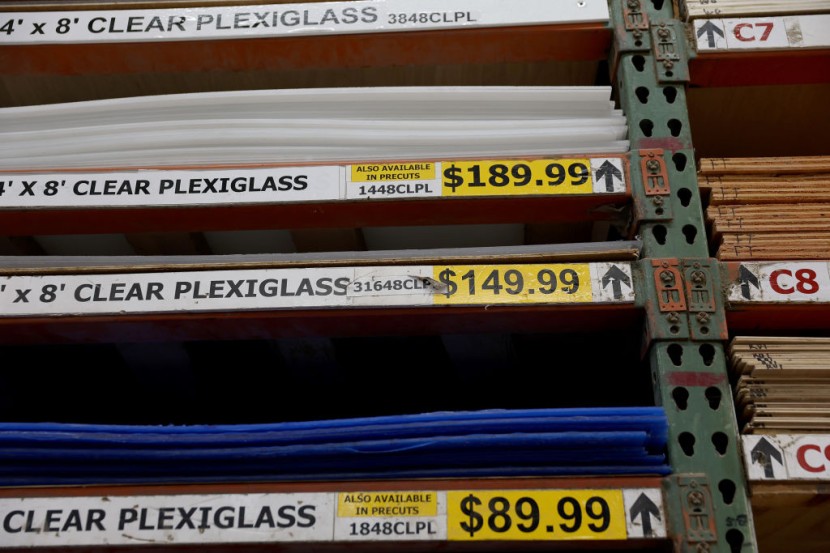
Inflation in the United States continues to rise and hit milestones not seen in the last 40 years, causing mortgage rates to experience a major spike that has caused concern to many Americans.
The 30-year fixed-rate average is expected to rise to 3.85%, which will be its highest since March 2020, based on the latest data from the Bureau of Labor Statistics. The report was released on Thursday and showed year-over-year inflation of 7.5% in January, the highest seen in the last four decades.
Mortgage Rates Increase
The vice president for marketing, digital, and analytics for Discover Home Loans, Rob Cook, said that inflation was a big problem in the United States right now. If inflation continues to rise or stay high, it will most likely push the Federal Reserve to increase its benchmark short-term interest rate.
This would increase costs for lenders, who will then pass on those costs to borrowers using higher interest rates. The founder and CEO of InstaMortgage, Shashank Shekhar, said that mortgage markets may have already built in some of the expected increases caused by Fed decisions, as per Time.
With the continuous rise in interest rates, fewer people are applying for mortgages because of the increased costs. Mortgage applications to purchase a home decreased by 10% for the ending on Feb. 4 compared to the prior week. Furthermore, refinance applications were down by 7%, based on data from the Mortgage Bankers Association's (MNA) Weekly Mortgage Applications Survey.
Many experts have argued that rising inflation is the key factor in rising mortgage rates across the United States. They said that the situation could be an issue for new borrowers for the next few months. The Federal Reserve's plan to mitigate rising inflation, including rolling back of quantitative easing policy, has already affected rates across the nation.
Forbes Advisor reported that MBA's associate vice president of economic and industry forecasting, Joel Kan, said in a statement that rates followed the U.S. 10-year yield and other sovereign bonds while the Federal Reserve and other key global central banks have started to take action against the issue.
Rising Inflation
The increased interest rates in the United States ranged from food and furniture to apartment rates, airline fares, and electricity costs. Some of the factors that have caused spiking inflation rates include shortages of supplies and workers, heavy doses of federal aid, ultra-low interest rates, and robust consumer spending.
Furthermore, experts said that there were few signs that the interest rates in the country could significantly slow in the near future. On top of that, salaries have increased at the fastest pace in the last two decades. The situation could pressure companies to raise prices to cover their labor costs.
Ports and warehouses are struggling to meet demands after hundreds of workers from areas such as Los Angeles and Long Beach was out sick last month. Many products and parts have also remained in short supply because of the labor shortage. This resulted in the price increase of a broad range of goods and services, PBS reported.








